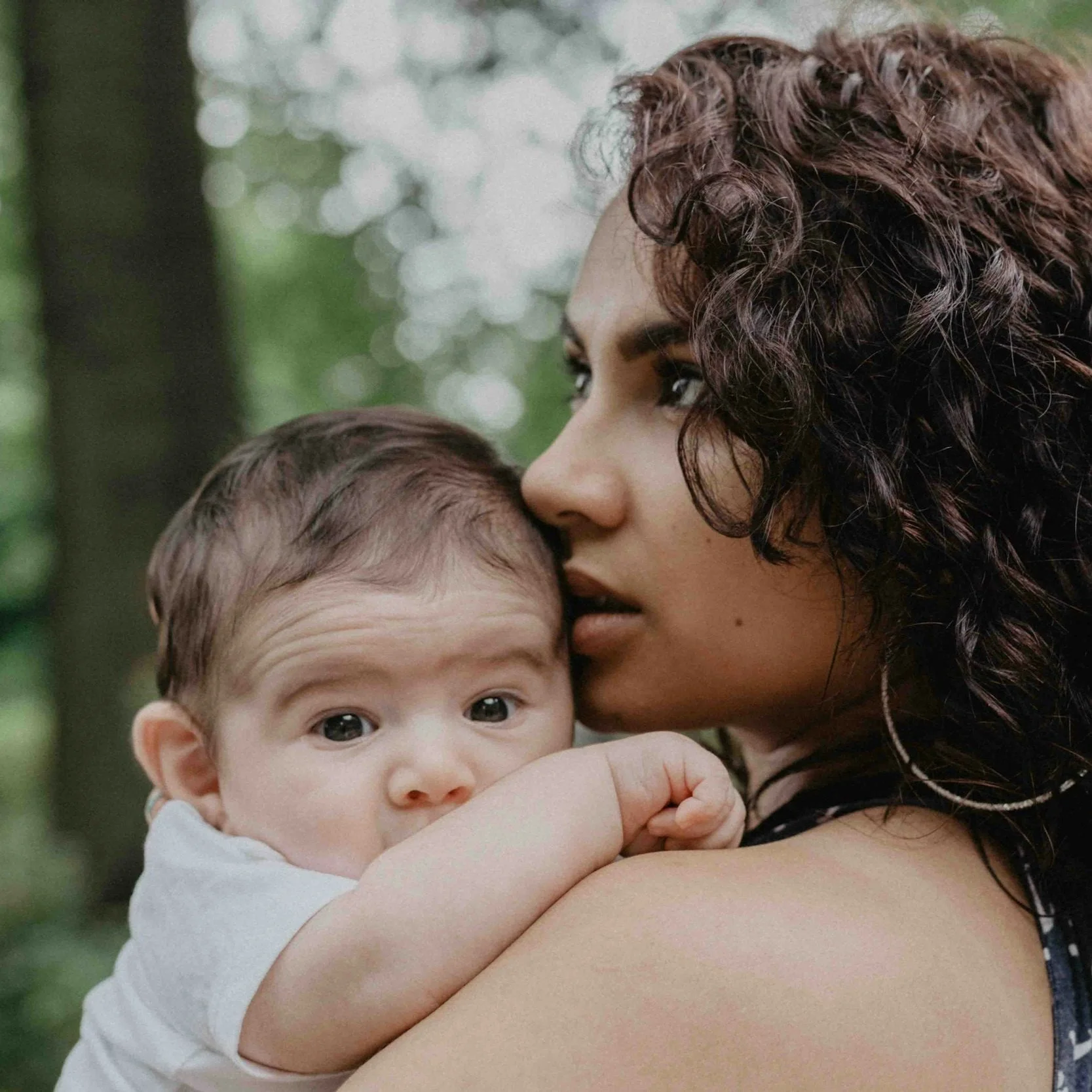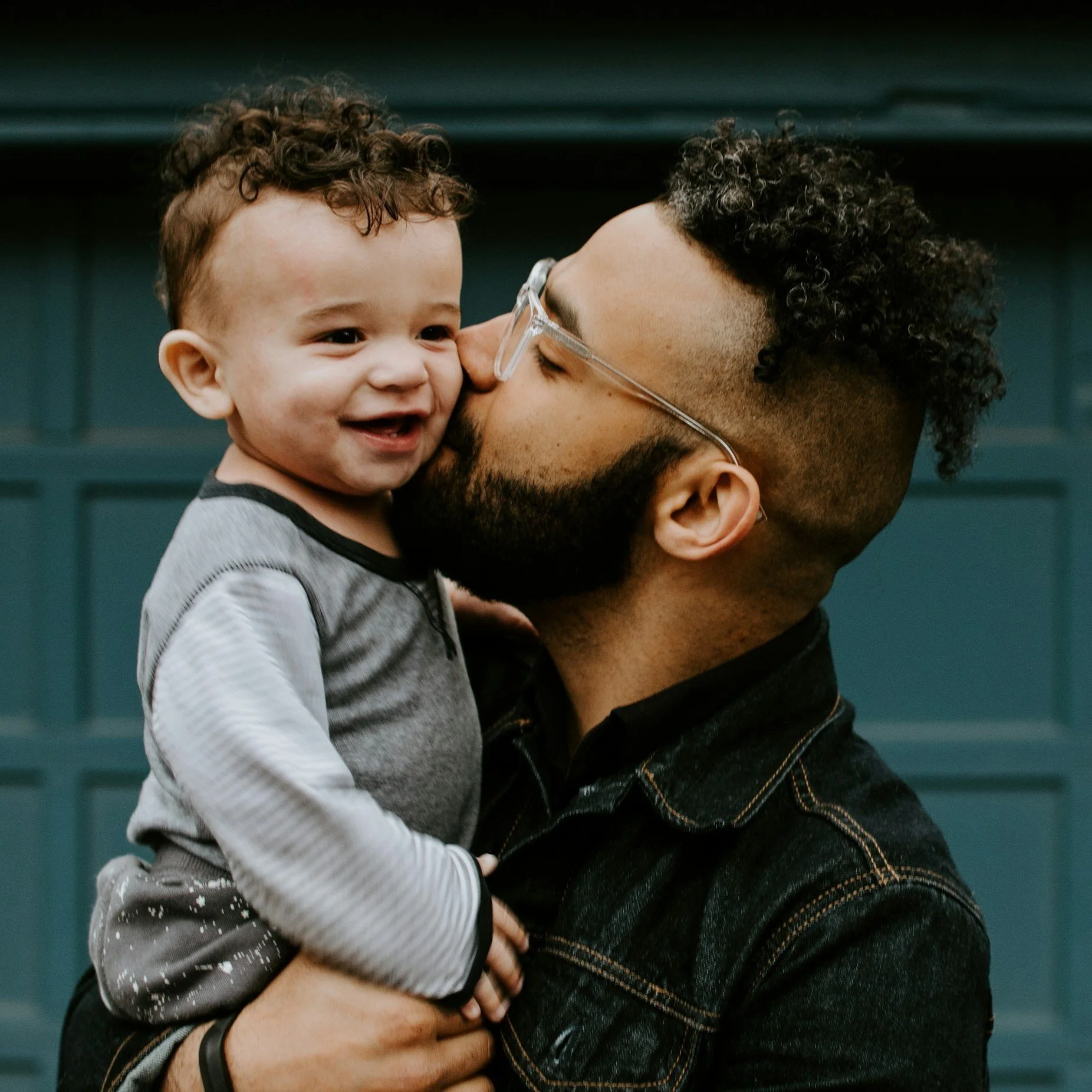Raising resilient kids: a parent’s guide to emotion regulation and managing big behaviour
PARENTING GUIDE 2026
Parenting is a beautiful, messy, sometimes exhausting journey, and anyone who’s in the thick of it knows how challenging it can be to raise kids who can handle their big feelings without feeling overwhelmed or spiralling into difficult behaviours.
At Life Matters Psychologists, we get it. We’ve worked with hundreds of families and seen the incredible resilience kids can develop when they’re truly seen, understood, and supported; not just for their behaviour, but for the whole child beneath it. This guide pulls together what we’ve learned to help you feel more confident in managing your child’s emotions and behaviours with compassion and clarity.
The emotional brain: why kids need us to slow down
Young brains, especially those of children under seven, work in ways that make emotional regulation tricky. Their brains are more like sponges, soaking up not just the words we say but the energy and emotional tone behind them. They don’t just hear “stop it,” they feel the frustration, disappointment, or even shame beneath it.
That means how we manage our emotions in front of them matters more than we sometimes realise. When parents take a breath, stay calm, and respond thoughtfully, kids learn they can do the same. But when we get caught up in frustration or punishment cycles, children absorb that too, and it often makes things worse.
This is why modelling emotional regulation is one of the most powerful tools in your parenting toolbox.
The Misunderstoods: why “difficult” kids aren’t always what they seem
Some kids don’t fit the usual mould. We call them the Misunderstoods because the world often misunderstands them. Their big feelings, their quirky ways, their struggle to fit the “main lane” of behaviour that schools and society expect.
If your child’s ever been labelled “defiant,” “naughty,” or “attention-seeking,” this one’s for you. These kids aren’t bad or broken. They’re often deeply kind, creative, and sensitive. Just wearing protection armour because they’ve learned it keeps them safe in a world that sometimes feels hostile or confusing.
The problem is, the same behaviours that protect them get them misunderstood and punished, which only reinforces their pain and walls. It’s a vicious cycle, but there’s hope and a way through it.
Read more here: The Misunderstoods
Attachment: the heartbeat of emotional safety
If there’s one foundation that everything else rests on, it’s attachment. Attachment is about that deep emotional bond between you and your child. The “safe base” they come back to when the world feels overwhelming.
When kids feel truly seen and heard, their brains build the pathways for emotional regulation and resilience. When they don’t, anxiety and behavioural struggles can take root. This isn’t about being perfect. It’s about connection, consistency, and empathy.
If you want to understand this in practical, relatable terms, take a look at this post on attachment and parenting: How can attachment theory help my parenting?
Modelling calm: Teaching emotional regulation by example
Kids don’t just learn about feelings from words. They learn from how we are, how we show up in moments of stress, disappointment, or frustration. It’s about walking the talk.
Here are a few gentle ways to start:
Name your feelings with your child — “I’m feeling a bit worried right now.”
Show them how to pause — “Let’s take a deep breath together.”
Use simple language about emotions and choices — “I’m choosing to be calm because it helps me think better.”
When kids see you do this, they start practising it too. It’s not magic, but it’s powerful.
When anxiety and low self-esteem hide behind behaviour
Often, difficult behaviour is a sign that your child is anxious or feeling low about themselves but doesn’t have the words or tools to say it.
Kids who are worried might avoid social situations, get clingy, or act out in frustration. Supporting them means creating safe, predictable environments, validating their feelings, and celebrating their small wins.
You can learn more in our blog posts focused on anxiety and self-esteem, because every child deserves to feel good enough just as they are.
Helping kids feel in control and connected
One of the biggest drivers of behaviour is the need for control and belonging. When kids feel powerless or isolated, it’s a recipe for frustration and acting out.
Simple but powerful steps include:
Giving kids choices (even small ones) to help them feel heard
Encouraging friendships and connections that make them feel part of something
Celebrating their strengths and interests
Belonging is the antidote to feeling “different” or “less than.”
Behaviour is communication: learning to listen differently
When a child acts out, it’s not about defiance or disrespect. It’s about trying to communicate something they can’t say in words.
Instead of punishment, try curiosity.
What’s behind the behaviour?
What unmet need is your child expressing?
Are they scared, tired, lonely?
Changing your response to one of understanding opens up new pathways for connection and healing.
Creating calm spaces: at home, at school, in life
Our nervous systems are wired to detect threat, and when children feel threatened, fight, flight, or freeze kicks in. Creating calm, safe environments reduces triggers.
Think routines, clear expectations, quiet corners for downtime, and patient responses. Work with your child’s school to build support, not punishment.
When to reach out for support
Sometimes the journey feels overwhelming, and that’s okay. Getting help from professionals who truly understand emotional regulation, attachment, and behaviour can make all the difference.
At Life Matters Psychologists, we offer compassionate, practical support tailored to your family’s unique needs.
Keen to connect with a psychologist? Reach out here
You are not alone on this journey
Parenting resilient kids isn’t about perfection. It’s about showing up, trying, falling down, and getting back up again. When you shift your lens from “fixing behaviour” to “understanding the child,” everything changes.
Thank you for being willing to explore new ways, to see the whole child, and to hold space for their feelings, even the big, messy, confusing ones.
Keen to keep learning and growing as a parent or carer? Here’s a list of helpful articles on The Life Blog:
Get in touch
Give us a call, send an email or fill in the form if you’re interested in more parenting resources, face-to-face sessions with Lynn, or online courses and webinars.










